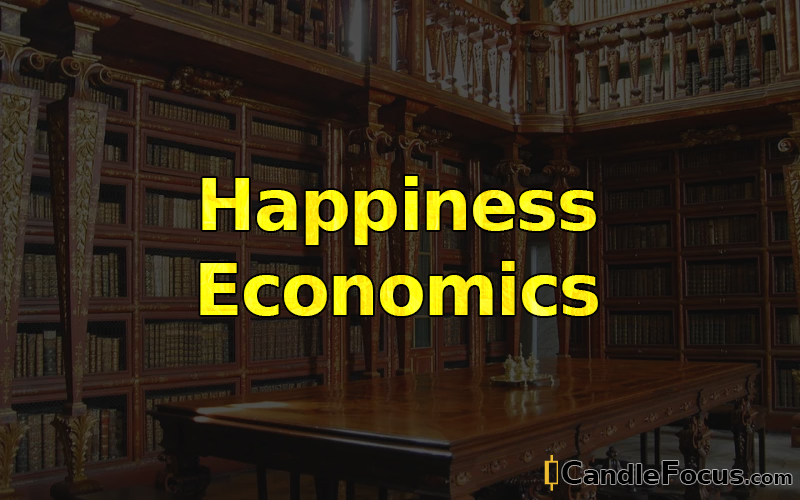Happiness Economics
Candlefocus Editor
The study uses surveys and indices to monitor different economies and how they affect individual well-being. The surveys ask respondents to rate their life satisfaction on a scale from 1-10. Additionally, the surveys rely on opinion probes to assess individual’s happiness over different issues such as employment, income, health, and quality of life.
One of the most popular indices used in happiness economics is the Social Progress Index (SPI). The index uses data from different sources to measure the progress of different countries in vital social and economic issues. It is composed of numerous factors such as access to medical care, life expectancy, students' performance in basic skills, protection of minority rights, and access to sanitation.
There are however some prevailing issues attached to the field of happiness economics. The main issue is that it focuses largely on subjective concepts. While measuring individual subjective experience can be done through surveys and opinions, it is difficult to assess its accuracy. Another major issue is that the findings of these surveys are likely to vary between countries due to cultural differences.
Despite its many shortcomings, happiness economics offers an interesting view of economic performance. It allows economists to gain an insight into what factors contribute towards individual wellbeing as well as economic performance. Moreover, by assessing the progress of different countries with its indices, economists can get a comprehensive measure of economic performance. Finally, it provides stakeholders with an understanding of what policies have the potential to improve citizen's quality of life.
In conclusion, happiness economics provides an innovative perspective on economic performance. While its findings suffer from some limitations, it offers a unique insight into what policies can maximize the wellbeing of citizens. Its ability to assess individual's satisfaction and its potential to help design effective policy measures makes it a valuable tool for policymakers.
